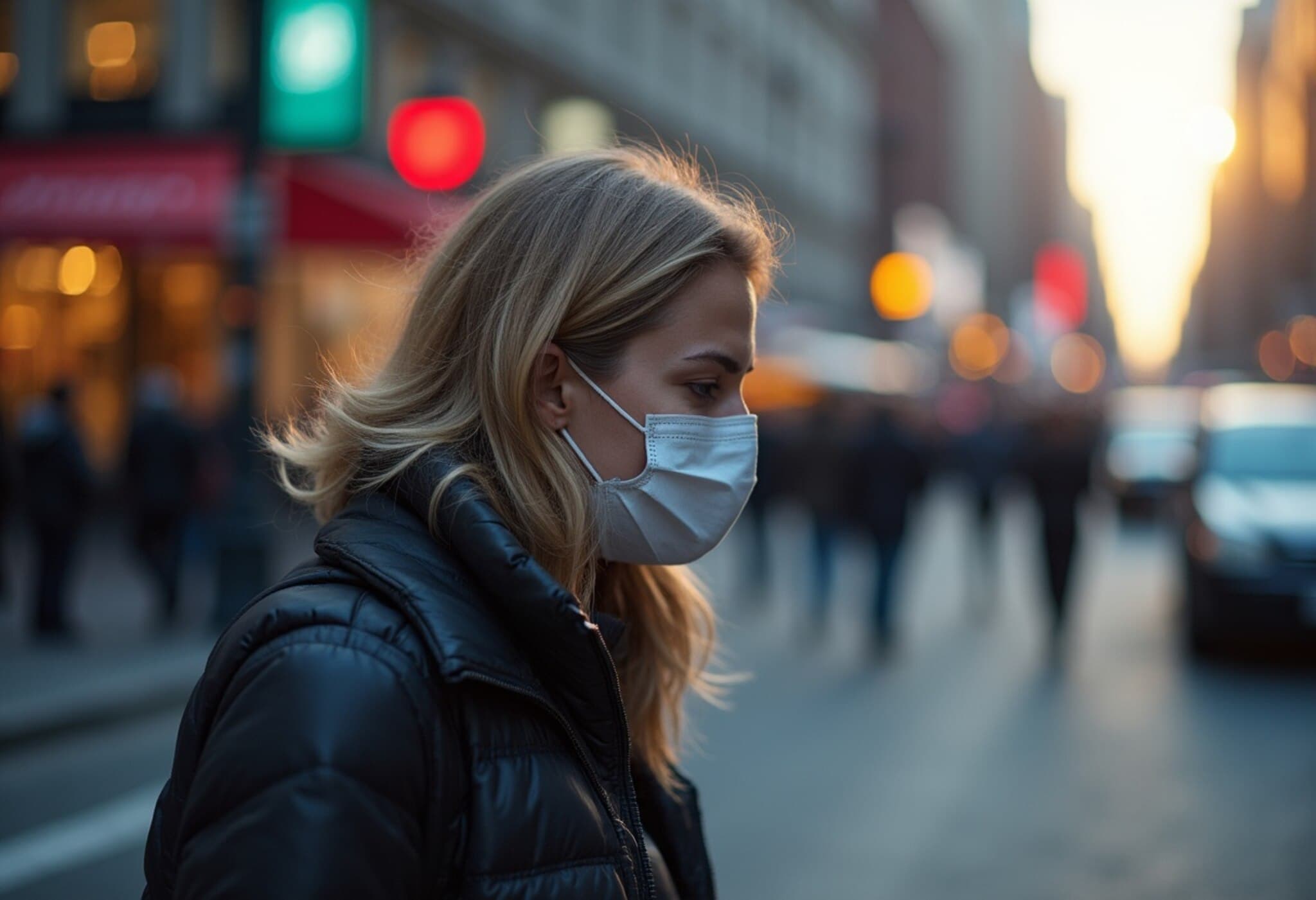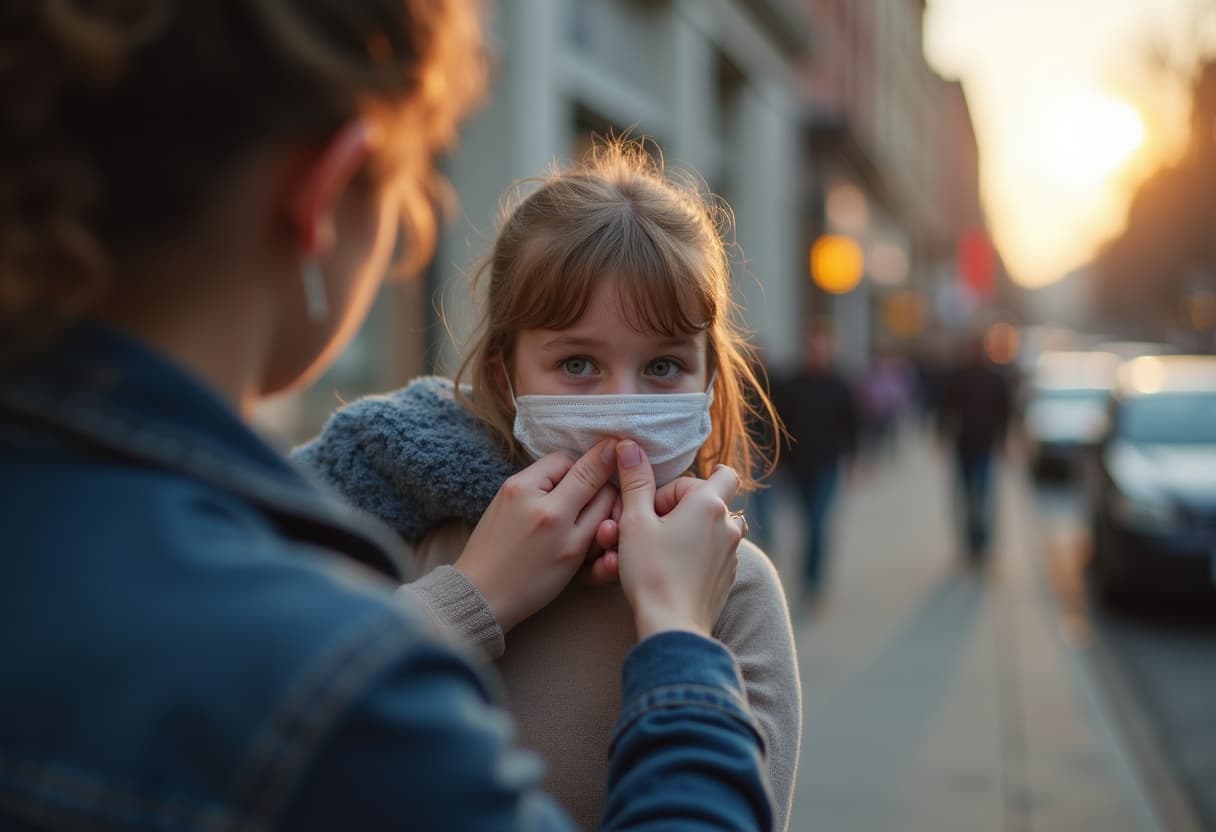FDA Weighs Pulling Pfizer COVID-19 Vaccine Authorization for Young Children
The Food and Drug Administration (FDA) is reportedly contemplating a reversal of its emergency use authorization (EUA) for Pfizer’s COVID-19 vaccine in healthy children aged 6 months to 4 years. Pfizer confirmed the agency’s position in a statement received by CNBC on August 12, 2025, signaling a potential shift in the U.S. vaccination landscape for the youngest and most vulnerable population.
Implications for Pediatric COVID Protection
This possible withdrawal of Pfizer's vaccine authorization could significantly limit pediatric vaccine options. Currently, Moderna's shot remains approved, but exclusively for children with underlying health conditions that increase their risk for severe COVID-19 outcomes. Consequently, many healthy children under 5 might soon face having no vaccine options authorized to protect them against COVID-19, a cause for concern among parents and pediatric health experts alike.
While COVID-19 generally causes milder illness in children compared to adults, infants under 1 year and those with certain chronic conditions remain at elevated risk for hospitalization and complications. This nuanced risk profile complicates public health messaging and vaccination policy, especially in the context of changing regulatory stances.
Context: A Shift in U.S. Vaccine Policy Under New Leadership
The FDA’s possible decision comes amidst a broader realignment in U.S. health policy under the leadership of Health and Human Services (HHS) Secretary Robert F. Kennedy Jr., known for his skepticism toward vaccines. Since Kennedy took office, several shifts have occurred, including the CDC rescinding its recommendation for COVID vaccines in healthy children and pregnant women — moves that have sparked debate and concern among medical professionals.
Pfizer stressed that the FDA’s current deliberations do not pertain to vaccine safety or effectiveness. The company mentioned the vaccine continues to demonstrate a “favorable safety and efficacy profile”, and noted it is actively engaged with regulators to explore possible paths forward to retain authorization for the coming fall-winter season.
Broader Vaccine Landscape for Children Under 5
- Pfizer’s vaccine: Currently authorized for children 6 months to 4 years but may lose this status.
- Moderna’s vaccine: Authorized only for children under 5 with underlying health conditions to mitigate severe disease risks.
- Novavax’s protein-based vaccine: Not authorized for children under 12 to date, offering no alternative for the youngest kids.
This lack of options raises critical questions about pediatric COVID-19 strategies, especially as seasonal waves of respiratory illnesses loom, and as new variants emerge.
Expert Insight: Navigating Pediatric COVID Policy Amid Controversy
From a public health standpoint, the potential removal of Pfizer’s vaccine for young children poses a complex dilemma. On one hand, regulators aim to ensure that all authorized vaccines meet strict efficacy and safety thresholds. On the other, the risk of leaving a significant segment of the pediatric population without any vaccine option cannot be understated, especially as children under 5 remain ineligible for other vaccine types.
Medical experts worry that decreased vaccine availability may inadvertently increase hospitalizations if subsequent COVID-19 waves disproportionately affect unvaccinated children. Moreover, the evolving guidance from HHS and CDC adds layers of uncertainty for healthcare providers and parents making vaccination decisions.
Looking Ahead: The Future of Childhood COVID Protections in the U.S.
As the FDA and Pfizer continue discussions, stakeholders in pediatrics, immunology, and public health will be watching closely. Potential outcomes include maintaining the authorization with new usage guidelines or an eventual withdrawal, which would force policymakers to rethink vaccine availability strategies for vulnerable children.
The situation underscores a broader challenge confronting U.S. health authorities: balancing evolving scientific data, public perception, and the urgent need to protect vulnerable populations amid a pandemic that continues to unfold in unpredictable ways.
Editor’s Note
The FDA’s deliberation to possibly revoke Pfizer’s pediatric vaccine authorization raises critical questions about how to safeguard young children against COVID-19, especially those not covered by current vaccine approvals. It also highlights how shifting leadership and policy priorities can reshape immunization strategies in real time.
Readers are encouraged to stay informed through trusted sources and consult pediatric healthcare providers to understand the best vaccination choices for children amid evolving guidance. This developing story will significantly impact pediatric COVID-19 prevention in the U.S. and warrants close attention.











